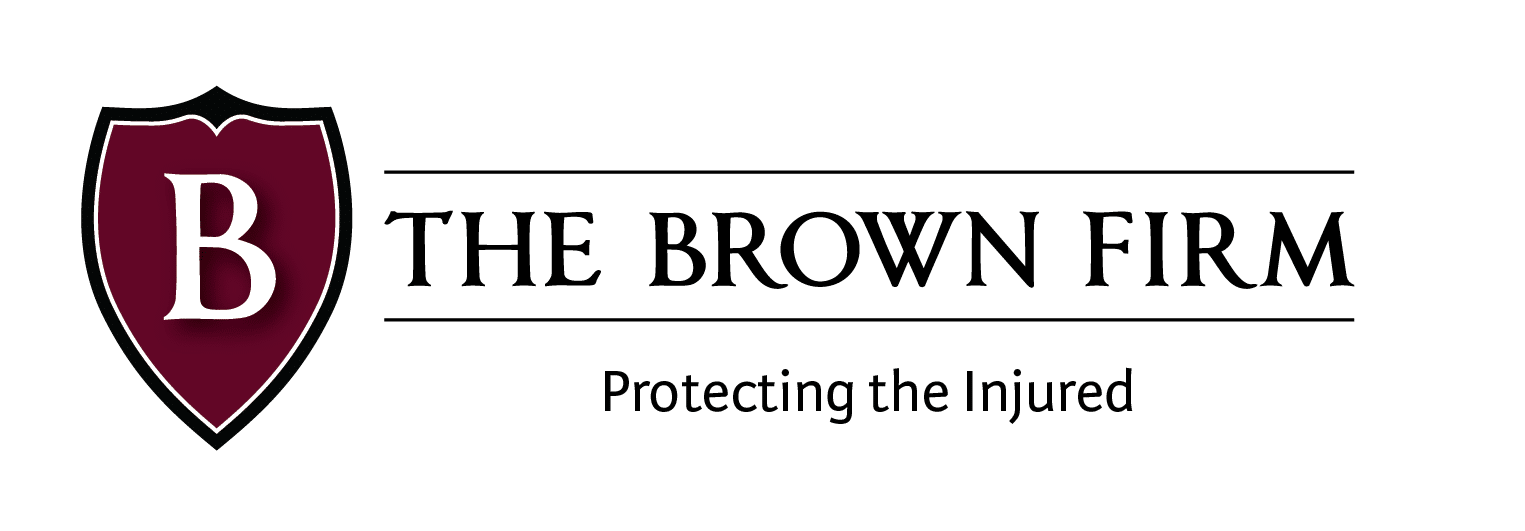Concussion
What is a Concussion?
The majority of brain injuries are brought on by being struck on the head. That translates to the terrible reality that concussions are a regular consequence of a wide variety of events, most notably motor vehicle accidents, accidents involving motorcycles and bicycles, as well as slip and fall incidents. They frequently occur in the world of sports as well.
A concussion is a medical term, not a legal phrase; however, due to the frequency with which they occur and the severity of their effects, they are frequently mentioned in court proceedings involving various types of accidents.
Doesn't a Concussion Count as a Relatively Mild Injury?
No! In spite of what you may have been led to believe, the majority of head injuries are not considered to be trivial. They cause damage to the brain, and the repercussions of these traumas are frequently quite long-lasting.
It’s true that all of us have heard stories about people who took a blow to the head, appeared to be in a bad way at first but were declared “OK” the following day after the incident. However, the reality is that they are frequently not “fine” at all; even though they may be conscious and have no memory problems, even a moderate concussion can sometimes be accompanied by discomfort that lasts for weeks or months.
Even if it is not immediately clear, many other types of concussions are accompanied by serious fractures to the skull, brain injury, or swelling that puts the brain in danger.
Concussions might also come with the following additional problems:
- Having trouble biting or eating
- The requirement to consume only meals that are soft
- Skull fractures
- Possible harm to the sinuses
- Numbness or tingling in the face or head
- Bruising and swelling that could take up to a month to heal, if not longer
- Damaged or fractured teeth
- Continual bleeding, as well as the possibility of a potentially fatal blood clot
- Eye injuries or total blindness
- Problems with hearing
- Balance difficulties
- Injury to the brain, forgetfulness, or a shift in personality
- Impairment, either temporary or permanent
In addition, many head injuries that first present as “only” a concussion can progress into more serious brain injuries, particularly if the swelling puts pressure on the brain. This is because the brain is more susceptible to damage when it is under pressure.
What Are the Signs and Symptoms of Having a Concussion?
According to the field of neurology, a concussion can be identified by three primary symptoms:
- The individual struggles to keep their thoughts organized in a logical sequence.
- They have a difficult time concentrating and are easily distracted.
- Difficulty carrying out complex movements in order to achieve a goal, even if the aim is something as basic as putting clothing away.
However, the very first thing that the majority of people will notice about someone with a concussion is that there is most likely a noticeable bulge on the person’s head. In addition to that, they might be coping with the following:
- Nausea
- Dizziness
- Vertigo
- Severe Headache
- Balance Issues
- Fatigue
- Vitreous Hemorrhage Causing Eye Floaters and Blurred Vision
- Ringing in the Ears
- Loss of Some Sense, Such as Smell or Taste
- Unusual Thoughts or Memories
- Difficulty Remembering Things
- Trouble Focusing
- General Confusion
What Course of Action Should I Take if I Suspect That Someone Has a Concussion?
The initial step that a lot of people do is to either get an ice pack or a cold pack. It is crucial not to apply pressure on the location of the injury, as this can make things worse if there is a fracture.
Visit a medical professional as soon as you can for the best advice. It is in the patient’s best interest to go to the emergency room, where they can treat the concussion in a safe manner and also perform a scan to determine whether or not there is significant damage to the brain and/or whether or not there are any fractures to the skull.
After you have returned home, your physician will provide you with more instructions to follow.
You should also make an appointment with a head and concussion injury lawyer within the next few days so that they can assist you in determining whether or not you have a legal entitlement to financial compensation.
Ready to Talk to a Lawyer Who Has Your Back?
Contact The Brown Firm
Get the Answers and Compensation You Deserve
You’ll notice the difference when you contact The Brown Firm! Our local dedicated attorneys want to help you recover and rebuild.
Schedule your free consultation by calling (800) 529-1441 or completing our simple online form.
